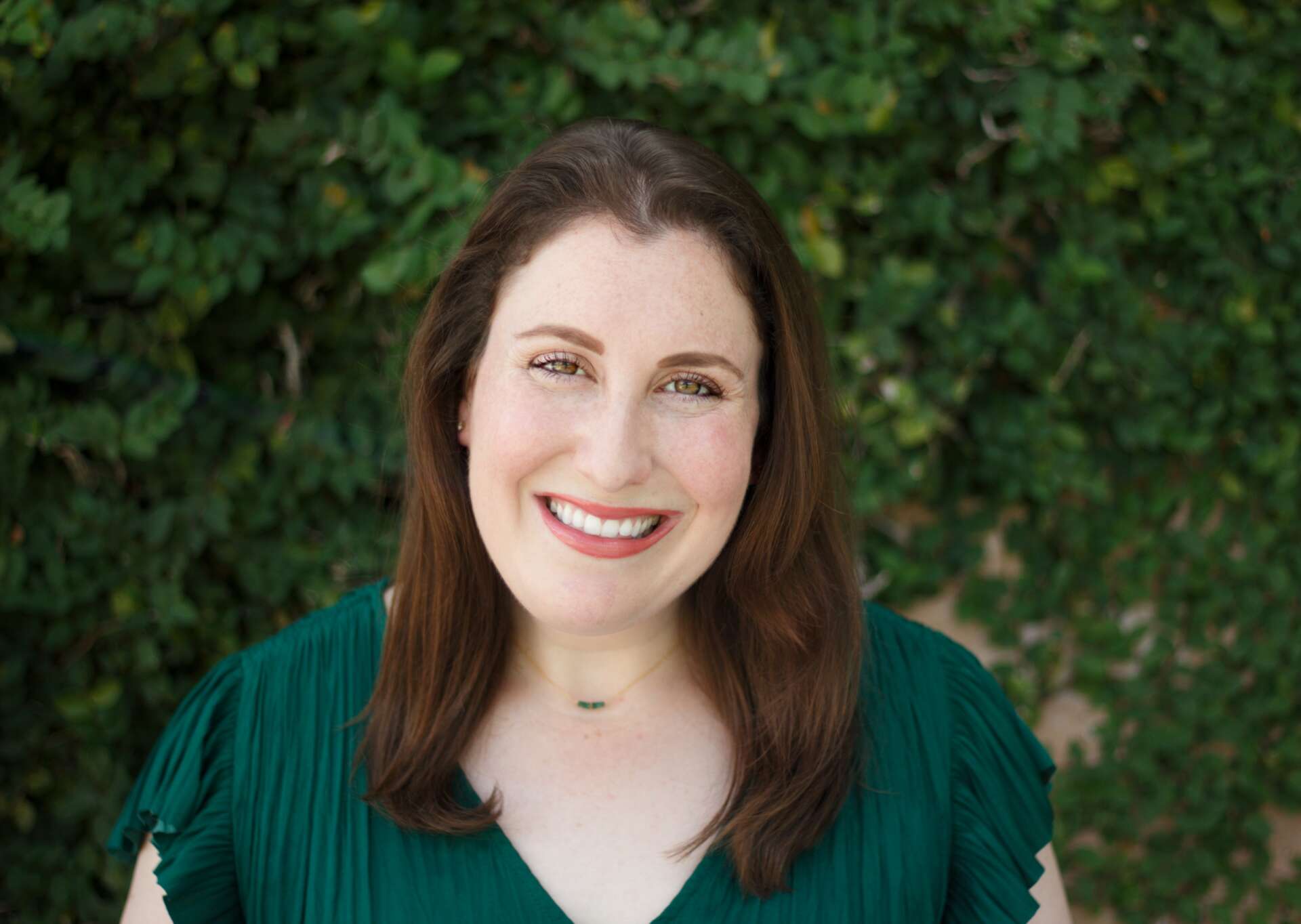We’re excited to introduce you to the always interesting and insightful Ali Green. We hope you’ll enjoy our conversation with Ali below.
Ali, looking forward to hearing all of your stories today. We love heartwarming stories – do you have a heartwarming story from your career to share?
There are many heartwarming stories I could share, but the ones that stand out to me the most are when I have worked with any teen who has struggled to come out to their parents about their sexuality and/or gender identity. I made sure to focus on the fact that every individual’s experience is different, and I wanted to respect how much or how little they wanted to open up. I always make sure to put in a lot of effort into building a natural rapport where the teenager never feels like I am looking down on them or judging their experience as they question their identity. A lot of the adolescents I have worked with who are part of the LGBTQA + community feel misunderstood or don’t feel like they can fully be themselves, especially, around some of the adults in their lives. I can think of a few times where 3 different teenagers I was working wanted me to sit and help mediate conversations between them and their parents while they came out to them. I always came from an approach where I wanted them to advocate for themselves, but also let them know that I would be right by their side no matter what the case was. I can never promise what an outcome will be with their parents, but I do make sure to remain as a constant adult that they can rely on throughout the difficult and emotionally straining process.
Being a part of these teens’ coming out journeys was such an honor for me. The fact that they felt comfortable enough with me to be the first adult or first person in general they came out to is such a moving experience… I cannot even describe it. I have almost been brought to tears after I end a session because of the weight I have seen lifted off of these teenagers as they have been conflicted and battling feelings for so long.
Every single one of the cases where the teen has come out to their parents in front of me has always ended up being such a positive experience. (I know they are not always like that). But, it was so incredible to witness such love and liberation among these kids and their parents. To be part of the experience is so humbling and one I will never forget.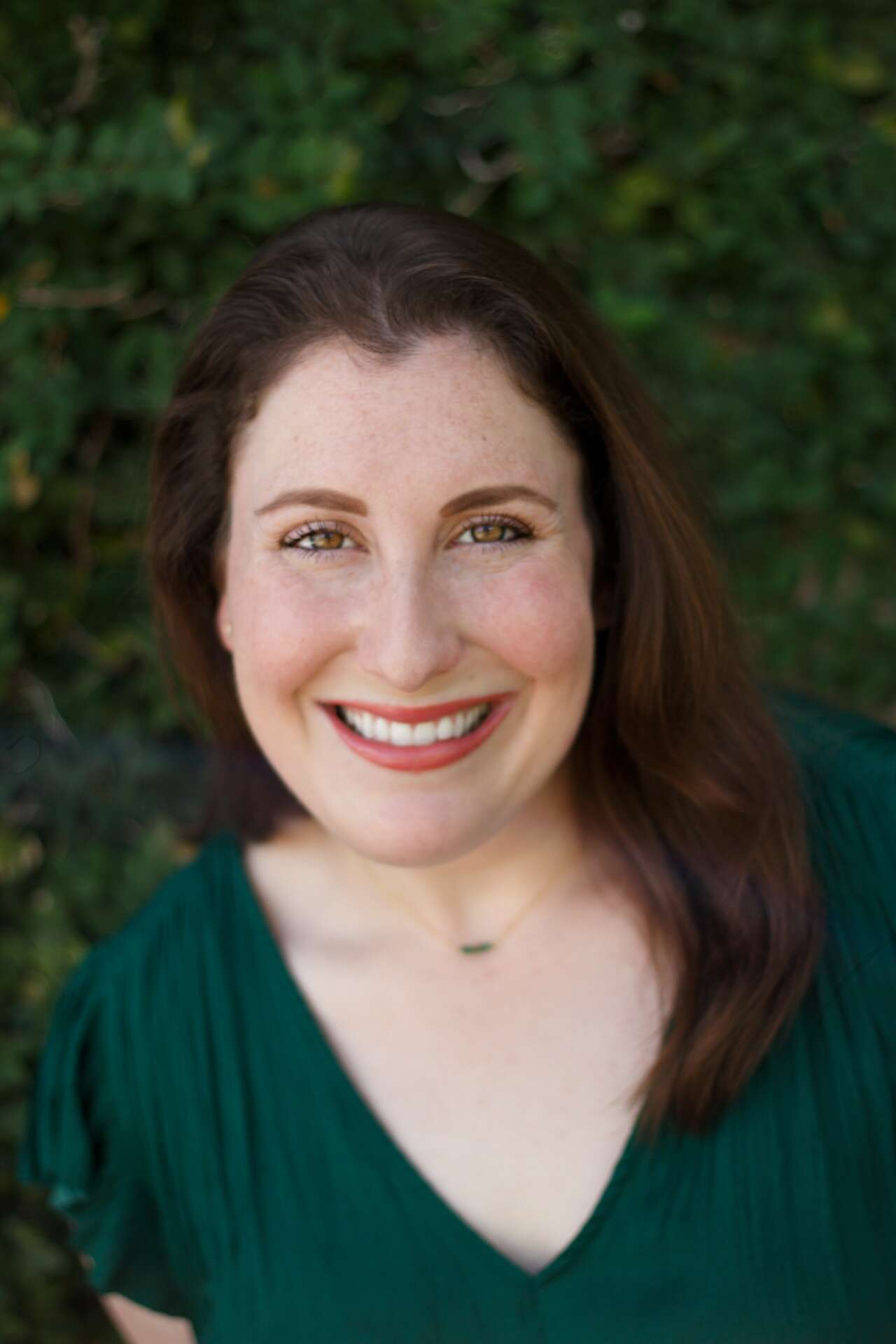
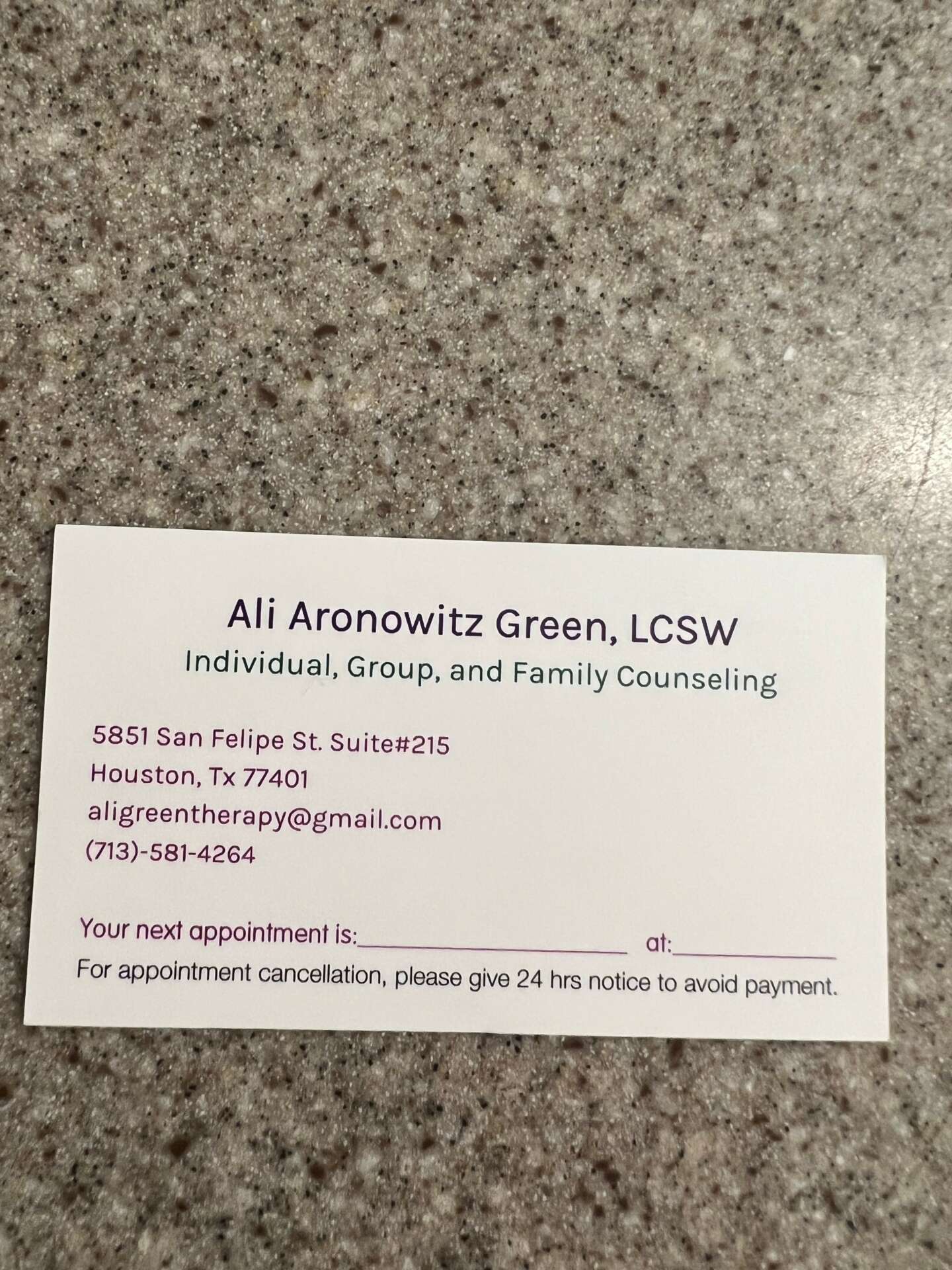
Great, appreciate you sharing that with us. Before we ask you to share more of your insights, can you take a moment to introduce yourself and how you got to where you are today to our readers
When I was in elementary school, and starting to understand the concept of having a career, I often asked myself, “What do I want to be when I grow up?” Very early on in life I always felt compelled to help other peers whether it be talking through some personal struggles, or just being there for someone who needed a friend.
In a very child-like way, I would always ask my parents, “Mom/ Dad, is there a job out there where I can help people with their problems?,” and they would always respond: “Yes, Ali. It is called being a therapist.” Even as a child, I found myself craving to help individuals in an authentic and non-judgmental manner. I wanted people to know they had a safe space when they were coming to talk with me.
Throughout my teenage/college years I became very involved in volunteer work and internships where I helped children/ adolescents with special needs. This gave me a great sense of purpose. I finally felt like I was able to find my footing in life.
I went to undergraduate school at the University of Arizona where I was getting my bachelors degree in sociology and psychology. While I was there, I started doing a lot of research about the possible masters degrees that would lead me to becoming a therapist in private practice. Ultimately, I decided to go for my masters in social work at the University of Houston, GCSW. After attending my first few days of classes at the GCSW, I felt right at home. I knew I would have endless opportunities to help my community in an impactful way, and connect with incredible mentors who could help guide me through my professional journey. And while it was not viewed as the most glamorous path… you have no idea how many times I was asked… “Really, why would you choose social work?”, I didn’t care because I knew it would to lead me to the knowledge and skills I needed to accomplish my career goals. I couldn’t help but feel overwhelmed with excitement at this thought!
I always realized I had wanted to work with teenagers, but it was an internship at Baylor College of Medicine during my time at the GCSW that really sealed my fate to work with adolescents. This was an opportunity to work with youth who were involved in the juvenile detention system. I was asked by my incredible supervisors at the time to tap into my creative side, and come up with a curriculum of experiential group therapy activities. The therapy activities I came up with covered topics such as: depression, anger, anxiety, substance use, violence, self-esteem, family dynamics, and team building, etc. The activities gave the teens a chance to learn and collaborate while also having fun together. The amount of confidence I saw being built in these kids was astounding. I found myself drawn to youth not only because of their resiliency, but also their gradual way of showing trust and vulnerability that I cannot put into words even if I tried.
The adolescent population is one that is incredibly underserved. They are not always viewed as “fun” to work with, but I asked myself, “Why?” I think it is often a misconception that teens are moody, self-involved, impulsive, and “dramatic.” My experience with them has proven to be quite the opposite when they are given the opportunity to be themselves and have their voices be heard. I have found they respond best when they feel someone is giving them the time and space to let their guard down without pressure or control. I started to zone in on the idea that therapy does not always have to be stereotypically “dark”. Yes, we are there to work together and accomplish goals, but we are also building a relationship, and if it feels forced or phony it is never going to work. It should be fun and the experience of growing/learning together should be innovative, and spark some joy for everyone involved in the process.
In my years of experience, I have often found that teenagers need to know that someone is in their corner without motive or judgment. Our youth crave to be seen, heard, and validated while being held accountable for their actions which is sometimes a tough concept for adults to understand (including myself). This ideology is what led me to being promoted as the director of an adolescent unit for a partial hospitalization program (PHP). I got the opportunity to use the psycho-educational experiential activities I had develop a few years prior (at my internship), and apply them to my adolescent program at the PHP. It proved to be very successful due my ability to incorporate creativity, expression, and fun into the adolescent program. After a few years of being director at the PHP, I decided to finally take a leap of faith and pursue my dream of owning my own private practice. I wanted to create a space where I could use the skillset I worked so hard to build over the years, and put it to good use in helping more adolescents, young adults, and families.
Now…. Here I am with my flourishing private practice, and although I still face challenges as I navigate being my own boss, I am absolutely loving it the way I knew I would ever since childhood :)
Below are some of the focal points of my practice when working with adolescents, adults, and their families:
I am a licensed clinical social worker, and enjoy working with individuals who are struggling with depression, anxiety, mood disorders, family dynamics, grief/ bereavement, trauma, low self-esteem, interpersonal relationships, and challenging “coming of age” experiences. I use a normalizing/validating approach where I focus on client-centered, strengths-based, solution-focused, motivational interviewing, and empowerment strategies to help my clients navigate their personal journeys. I always cater to the person’s individual needs because every experience is different, and I want to respect that.
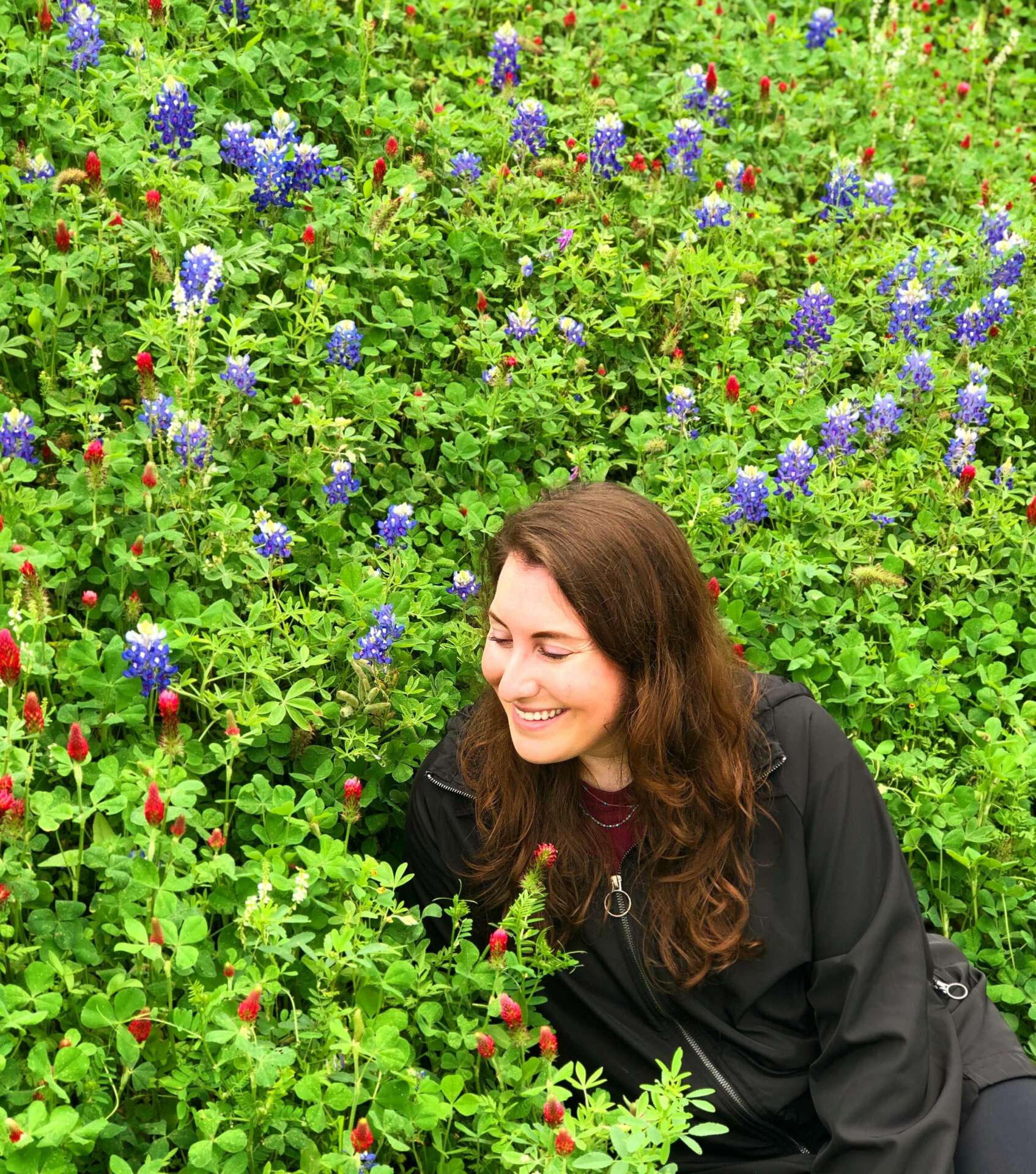
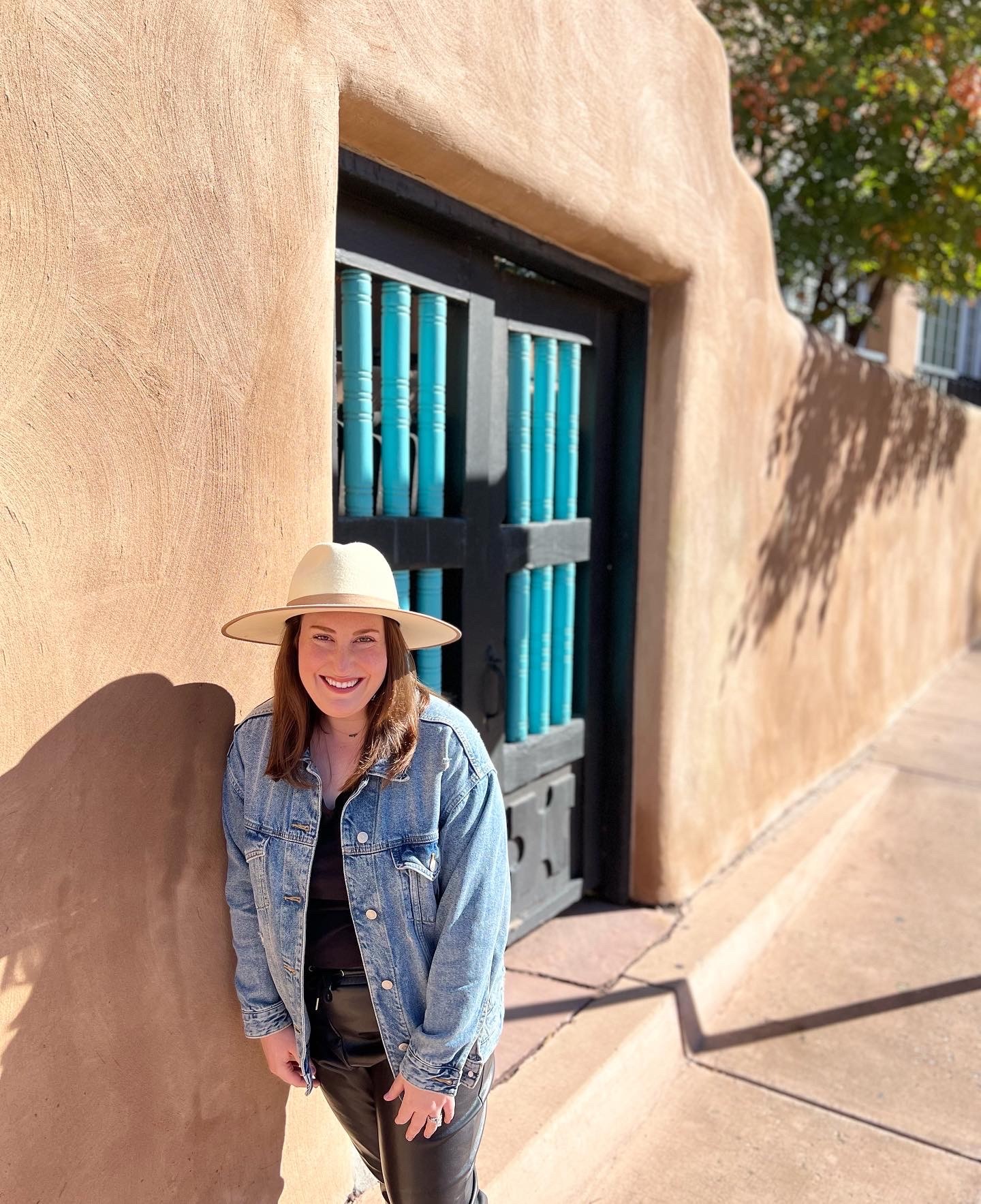
Do you think you’d choose a different profession or specialty if you were starting now?
I absolutely would choose my profession over and over again if I had to go back. The clients and people I have met along my professional journey is what makes my work so rewarding and worth it. The memories created, and the lessons learned have been instrumental for my growth as a clinician, and as a person in my everyday life. As I reflect back on my experiences, there have been a lot of obstacles I had to overcome, but I would not trade them for anything. I think my role as a licensed clinical social worker has helped motivate me to want to learn, challenge myself, and enjoy every moment presented in front of me.
Any stories or insights that might help us understand how you’ve built such a strong reputation?
I think putting in the effort to build a solid social network/support system filled with mentors, supervisors, work colleagues, professors, peers, clients, etc. is extremely important. It is what has been vital in strengthening my reputation as a psychotherapist. After all, I am a “social worker,” and as a social worker I need to be able to use my social skills to model healthy, positive, and uplifting behavior for our community. I think “word of mouth” is such a powerful tool when it comes to building a practice/business because people can speak to the quality of service I provide. Plus…. this gives me the bonus of getting to connect with knowledgable, inspiring, and creative people who end up having the biggest impact on me professionally and personally.
Image Credits
Sophie Weiss is the photographer who took the two photos of me in the emerald green dress.


